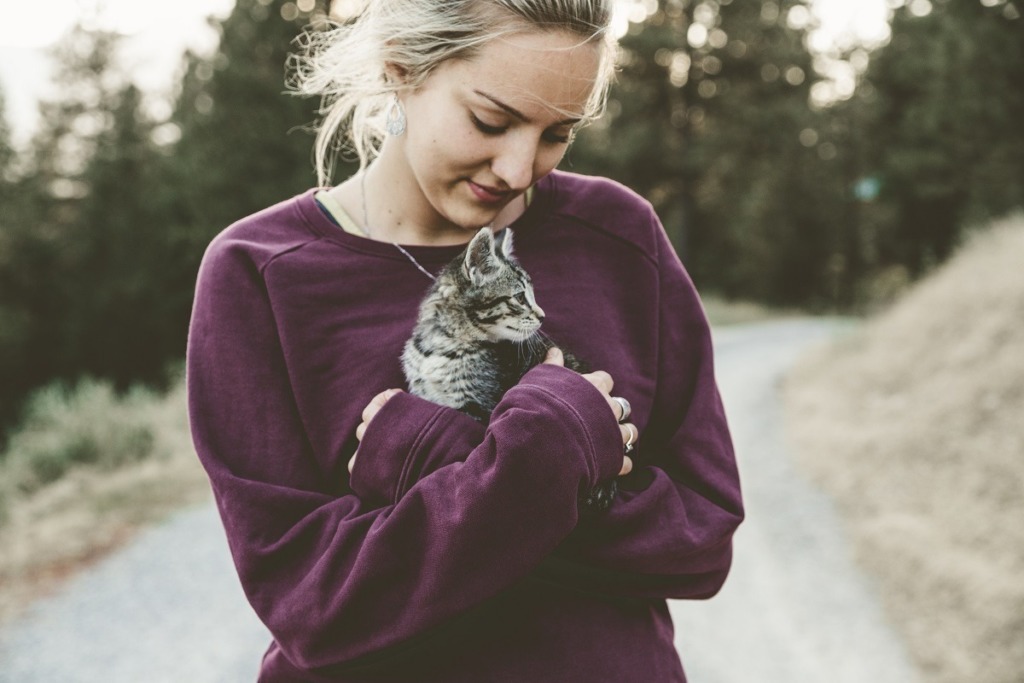
Written by Nikki Cox
Mothers nowadays are very rushed, stressed and attached to technology. We forget to take a moment to stand still, to reflect and consider our own lives and how we have changed since becoming parents.
Motherhood often brings with it a sense of identity loss and the scariest part of going through an identity crisis is not knowing what your future will look like. Asking yourself questions like “How long am I going to feel like this?”, “Am I going to feel less like my old self years down the track?” or “If I ever find myself again, will I even like who I am?”
To be able to create new goals, paths and habits, you need to know what you want (and don’t want) to change in your life. And to know what you want requires knowing the foundations of your identity; the woman you are now; the woman that exists in addition to ‘Mum’.
No one can control this transformation to ‘mother’, but rather than being unconsciously carried down the river of change, you can learn how to participate in this transition more consciously, through identity awareness and acceptance.
What is Identity?
To start finding who you are, you first need to break down the parts that make up your identity.
A ‘pivot’ is the central, most important point in a situation that supports something that turns or revolves. As a mum, you are the pivot of your family; the person they fundamentally depend on.
Your identity is your pivot:
P personality
I interests and hobbies
V values and beliefs
O occupation, and
T talents and skills
Your Personality
Our character strengths are the defining parts of our personalities that form our identity. By clearly identifying what your core, personal character strengths are, you can use them to redefine who you are, what you want from life, and how to get where you want to be.
The VIA Institute has developed the world’s most recognised, psychometrically validated survey to help people identify their personal character strengths. After completing the survey you will receive a personalised report outlining your 24 character strengths, in order (available at www.viacharacter.org/www/The-Survey). Once you know your top five character strengths, explore the website for useful information on each character strength, including ways to use each strength every day, movies that feature main characters that demonstrate particular character strengths, and so much more.
Your Interests and Hobbies
Some of your hobbies and interests you had before you became a parent may still be relevant today, some you may have completely forgotten about, and others may mean nothing to you anymore. This is largely due to the personal growth you experience when you become a mother.
Also known as Post-Traumatic Growth, highly stressful life events, such as becoming a parent, can sometimes create positive changes in anything from your self-perception, life direction, life appreciation, compassion for others and depth of connection to others. This growth can also affect the interests and hobbies you choose to pursue or let go of.
Everyone has specific interests and hobbies, and you usually choose them based on a few different personal reasons. Try:
- Thinking back to what you loved doing as a child. Chances are, you still have a lot of those same core interests. If it was tree climbing, maybe you can try wall climbing. If it was running through the bush behind your house, try hiking.
- Thinking about the times where you enjoyed doing something so much that you completely lost track of time.
- Literally look around your home and see if there are any neglected hobbies that you started but haven't completed.
Your Values and Beliefs
Values are principles, standards or qualities that you hold in high regard. Beliefs, on the other hand, come from real experiences but are projected onto new experiences. Your values and beliefs both reflect who you are, guide the way you live your life and the decisions you make.
Examples of values: manners, friendships, courage, freedom, honour, hard work, generosity and individuality.
Examples of beliefs: ‘Life is worth living’, ‘Love is worth the risks’, ‘Family always comes first’ and ‘Children are precious’.
Values and beliefs can change after kids, and these need to be brought to light. You then need to understand how they drive and influence your everyday decisions naturally.
Your Occupation
The occupational part of your identity is not about what you do for a living. It’s what you bring into what you do, and what that gives you in return.
If you are an accountant, are you great at; working with numbers? being in an office environment? working autonomously? helping people achieve financial peace-of-mind?
In return, does your accountancy work give you; skills you can use in your personal life? a sense of accomplishment at the end of the day? a thrill?
If you are a check-out operator, are you great at; working quickly and accurately under pressure? working with numbers? being friendly and polite to strangers? dealing tactfully with difficult people?
In return, does your work on the check-out give you; skills you can use in your personal life? a sense of connection to other people in the world? a thrill from helping others each day?
Look closely at why you do what you do. If it’s not something you enjoy, or it gives you nothing in return, perhaps this is part of your identity that is yet to be defined.
Your Talents and Skills
Talents are your naturally recurring patterns of thought, feeling or behaviour that you are essentially ‘born with’. These may include leadership qualities, empathy, art, humour or listening.
Skills are learned over time, and often compliment your talents. These can include math, negotiation, decision making, writing, time management or computers.
Talents and skills are used to determine the way you go about things in life. When you are completing a task or activity that uses your talents or skills, it’s the sense that things ‘feel right’ to you. This is because your talents and skills are being used in line with your values and beliefs.
When you become a parent, you need to learn to accept that who you once were has changed. Your identity isn’t lost, it’s just buried under nappies and school books. But you can slowly start to find yourself again.
To find what you want from life, now that your kids are in the picture, you have to find what brings today’s you joy and excitement, and what gives today’s you personal nourishment and fulfilment. By rediscovering yourself, you can feel comfortable in your own skin and confident to set goals and create new habits.
Spending time getting clear on who you truly are provides insights or ideas around who you have become since your motherhood journey began, and this clarity will help you to make good decisions and positive changes in your life, for both you and your family.
When you figure out what you want from life, it’s then about plotting and scheming around your kids to make things happen!
What You Want Starts What You Want Starts What You Want Starts What You Want Starts What You Want Starts What You Want Starts



